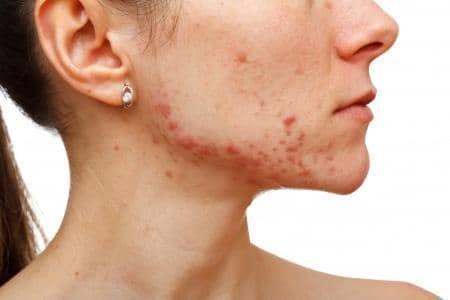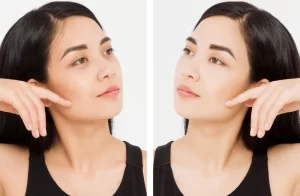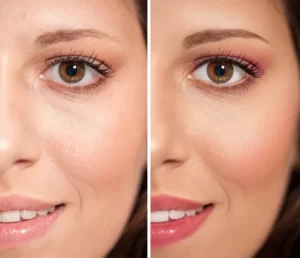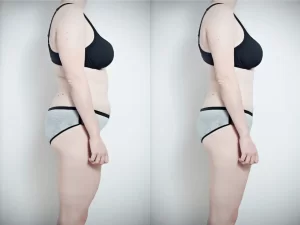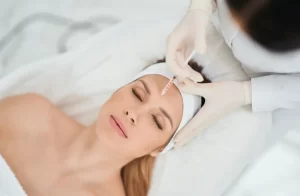Acne doesn’t just affect teens and preteens. Plenty of adults experience the common skin disease as well. If you’re one of them, we can help. Here’s what you should know about adult acne and its treatment.
Most people think of acne as a skin problem that appears during the teen years and resolves shortly after you’re in your 20s. But data shows plenty of adults still have pimples and pustules. According to one study, 54% of women and about 40% of men over 25 struggle with acne breakouts, which can continue well into middle age and beyond.
At Adult and Pediatric Dermatology, Michael Paltiel, MD, John A. Perrotti, MD, Aleksey Babakhanov, FNP, and Zina Goldvekht, PA-C, have extensive experience treating acne in adult patients (and teens and adolescents, too). Here’s what they want their adult patients to know about adult acne and how it can be treated successfully.
Acne 101
Acne involves an inflammatory response that happens when your hair follicles become clogged with dead skin and oils, trapping bacteria inside the follicles. These bacteria thrive in the warm environment, feeding on excess oil and rapidly multiplying.
As the bacteria continue to grow, inflammation occurs, causing the familiar pimples, pustules, whiteheads, and blackheads. Each blemish can take days to weeks to completely heal, sometimes leaving behind discoloration or a scar.
Acne is especially common during the teen years, thanks to rapidly fluctuating hormone levels. Researchers believe these hormones cause oil glands to overproduce, clogging pores and providing a ready food source for bacteria.
But for many people, acne continues well into adulthood, accompanied by feelings of embarrassment and frustration. Data shows that people with acne routinely experience depression, anxiety, poor self-image, and low self-esteem due to their disease and its symptoms.
Understanding adult acne
When adult acne continues into adulthood, it’s usually caused by the same factors that cause acne during your younger years. That includes:
- Hormonal changes (especially during menstruation and ovulation)
- Stress
- Exposure to pollution or irritating substances
- Hair care and skin care products
- Certain medications
- Starting, stopping, or changing birth control pills
In recent years, many adults experienced increased flare-ups thanks to facemasks during COVID-19 — a phenomenon that’s come to be known as “maskne.” And of course, you can also blame your genes since acne tends to run in families.
The sooner you seek professional treatment, the sooner you’ll see results. In fact, seeing our team regularly is one of the best ways to treat acne. That’s because acne symptoms frequently change, and a therapy that once worked well may suddenly become ineffective.
Treatments that work
Researchers’ understanding of acne is always evolving, and with that new understanding comes new treatments. At Adult and Pediatric Dermatology, our team offers an array of treatments that can be “fine-tuned” to each patient’s unique needs, including:
- Oral medications
- Topical medications
- Hormone-based treatments
- Laser treatment
- Light therapy, using red and blue light
In addition, focus on steps you can take at home to optimize your skin care routine and address other factors that could be causing your breakouts.
As skin experts, our dermatologists are skilled in designing treatment plans that work based on each person’s unique needs. Our team draws from years of professional success and degrees from leading medical institutions, like Johns Hopkins University, New York University (NYU), New York Medical College, and Adelphi University, so you can feel confident our team will find a solution for you.
To learn more about acne treatment at our office located in the Forest Hills neighborhood of Queens, New York, call 315-860-1185 or book an appointment online today.

